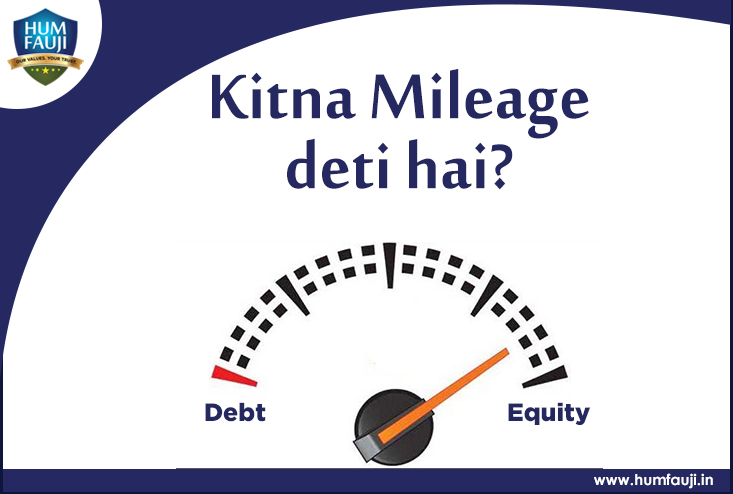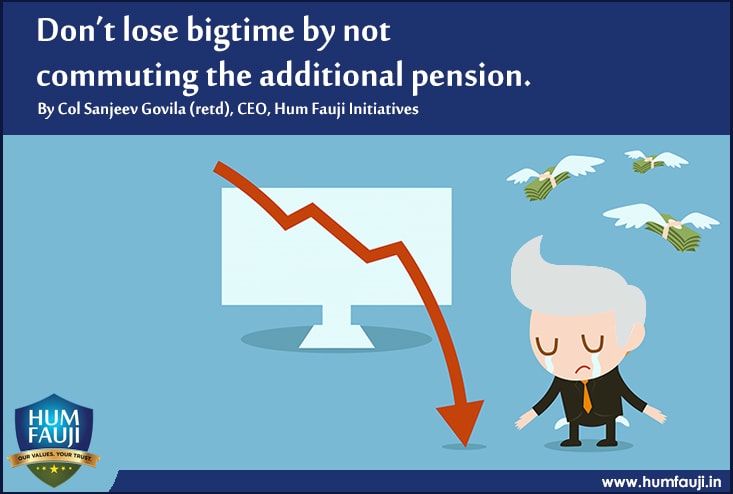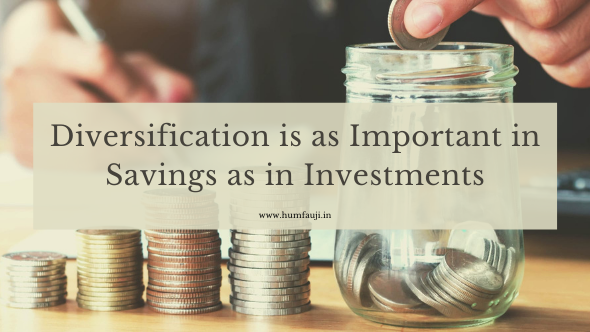Multiple financial advisors may help you get diversified views, but unless they talk to one another, you may end up having duplicate investment products across multiple portfolios, doing similar things. Sometimes, specialists help.
Before the onset of Covid, most new customers walking through our doors would either not have been using any financial planning firm or may have been using one, at the most.
That has changed now. In many cases, we see people using more than one financial advisor. Why do people use multiple advisors?
The general reason is that “we don’t want to put all of our eggs in one basket.” That’s a reasoning more applicable in the context of asset allocation rather than advisor selection.
Having multiple financial advisors has both pros and cons.
Why multiple financial advisors work?
Here’s why multiple heads work better than one. You can get different viewpoints and perspectives on how to achieve your financial goals. Individual advisors can focus on different aspects of your financial plan, allowing you the benefit of specialized advice.
For instance, you could have one who excels in debt and fixed income, including tax-free bonds. Another advisor could be an expert in tracking international markets – a growing need among many investors in the past few years.
Different advisors may be able to offer access to a broader range of financial products to choose from.
When multiple financial advisors do not work
There could be some downsides too to advice coming to you from multiple directions.
None of the advisors would have visibility of your entire financial situation. If your advisors don’t see the whole picture, they may make recommendations that aren’t suitable to helping you achieve your goals. Without a central plan and monitoring, the overall picture could turn out to be haphazard.
It is ideal if all your advisors communicate with one another. At least in some measured way. Practically, this hardly happens as no advisor would want to share clients.
So it may be challenging for you to have a clear picture of your overall asset mix, fees and performance, especially if advisors aren’t communicating with each other. Investors may find themselves owning duplicate products or holdings that can skew the allocation of their portfolios.
This could lead to conflicts if your advisors have different takes on how to help you best reach your goals. You may become unsure of which advisor’s advice to follow. Applying multiple advisors’ strategies could prove to be counterproductive or even harmful.
You could also have problems on your tax management since none of the advisors would know what are your overall tax occurrences and what has already been catered for.
Possibility of the advisors to compete for all the assets and take undue risks on their part to outperform your other competing advisors is also very real, harming you in the long, or even short, run. In such cases, additional emphasis is then placed on short-term performance, undermining your long-term financial plan.
Have one advisor, but take on specialists
Your planning, execution, reviews and management is done at a single place. So, no conflicts of advice, differing perspectives causing dilemma to you, better tax management and a holistic view of your complete financial situation.
A single, good advisor will likely be able to maintain a better grasp of your entire financial picture, needs and goals in the short, medium as also the long term.
If you have large assets or a complicated financial or succession plan, one advisor may sometimes not be able to give the whole range of solutions, services and products that your situation demands.
Besides, some of the advisors have specialised practices, like insurance or real estate and may not offer a complete solution range. In such circumstances, you may have no alternative but to go to multiple advisors.
End note
It is better to have a single financial advisor or advisory firm provided the advisor you have chosen is ethical, has a good reputation, is responsive and is professionally competent.
A lot of research and due diligence should go into selecting the right financial advisor. Those pitching their services to you based on good returns they have got in the short term in some investors’ portfolios may not be the right way to choose an advisor – remember an advisor is much more than being a mere returns-getter in the long run.
A single, good advisor will be able to maintain a better grasp of your entire financial picture, needs and goals. Managing everything related to your finances, family and estate is challenging to do in a coordinated manner.
Adding another advisor can complicate things and often results in things falling through the cracks or duplication of roles or investments. Lastly, an investor generally will get much more out of the advisor when he or she also shows commitment to that advisor.
The original article can also be read at the following link on MoneyControl dated 11 Jan 2023













Leave a Reply